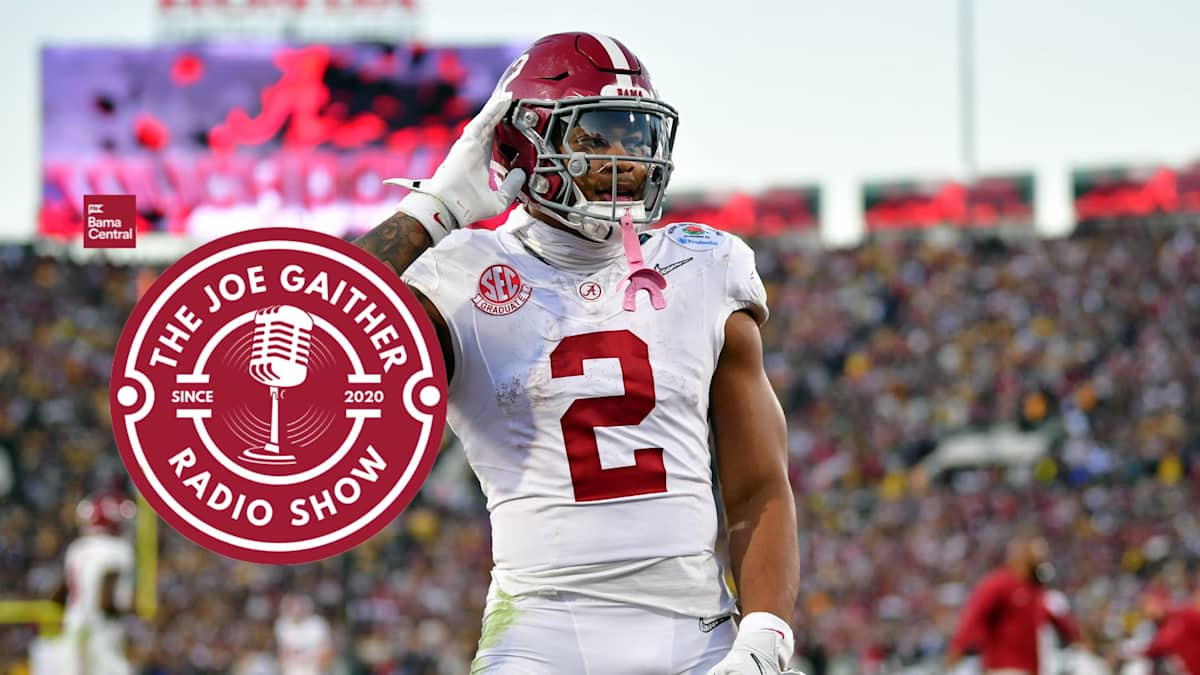In the aftermath of a gripping game, tensions ran high in the locker room as players processed a tough loss. The atmosphere was thick with disappointment, but one revelation sent shockwaves through the team: head coach announced that Elly De La Cruz would be suspended for the next few games.
De La Cruz, a young star with immense talent and a fiery spirit, had been instrumental in the team’s performance throughout the season. His dynamic style of play and ability to come through in clutch situations had quickly made him a fan favorite. Yet, after a heated exchange on the field that had escalated during the game, the coach deemed his behavior unacceptable, leading to the suspension.
Jonathan India, one of the team’s veteran players and a respected leader, couldn’t hold back his frustration. He questioned the decision openly, voicing concerns not just for De La Cruz but for the team as a whole. “Why would we lose one of our best players at such a crucial point in the season?” he asked, his voice tinged with disbelief. “We’re already facing enough challenges; we need every strong player we can get.”
India’s concerns resonated deeply with the other players. They understood the impact of losing De La Cruz, not just in terms of statistics and performance but also in the emotional toll it would take on the locker room. The team had rallied around the young player, drawn to his infectious energy and drive. His presence was a catalyst for their collective spirit, and now that would be missing.
As India pushed for clarity, he remembered the passion and fire De La Cruz brought to every game. That same intensity had occasionally crossed into reckless territory. This time, during a moment of frustration in the game, he had argued aggressively with an umpire after a controversial call, a moment that would ultimately lead to his suspension. While many fans appreciated the fiery spirit, the coaching staff viewed it as a liability.
“Look, I get it. Emotions run high, and we’re all competitive. But it’s about the team,” India continued, hoping to bridge the gap between the coach’s decision and his teammates’ loyalty to De La Cruz. “We’re in this together. We need to support each other, not tear each other down.”
India’s passion was palpable. He wasn’t just advocating for his teammate; he was advocating for a cohesive unit. He knew the weight of leadership, and he understood that sometimes, hard truths needed to be discussed openly. The players had built a strong camaraderie, and he believed it was essential to maintain that bond, especially in trying times.
The head coach, aware of the dissent brewing within the team, attempted to explain his rationale. “Discipline is crucial, especially in a season as challenging as this. We can’t allow emotions to dictate our actions. Elly has to learn that there are consequences to every action, and it’s my job to enforce those standards.”
The coach’s words were stern, but India sensed an underlying worry. He understood the pressure the coaching staff faced as well. Every decision carried weight; every win and loss could shape their future. Yet, in this moment, India couldn’t shake the feeling that the coach’s approach might fracture the team’s morale.
As players gathered around, the conversation shifted. Some expressed agreement with the coach’s decision, citing the need for discipline in professional sports. Others shared India’s frustration, worried about the implications of losing a player like De La Cruz.
“I mean, we all mess up,” one player chimed in. “But we’re a team, and that’s what matters. Shouldn’t we support our guy instead of letting him go?”
The locker room buzzed with debate. The players’ voices raised and lowered, each sharing perspectives on the balance of accountability and support. The discussions laid bare the complexities of team dynamics—how to cultivate individual growth while maintaining collective integrity.
As the evening wore on, the atmosphere shifted from one of anger and confusion to a more contemplative tone. The team recognized that while the coach had made a difficult decision, they also needed to come together in solidarity for De La Cruz. They couldn’t afford to let this situation divide them.
India, sensing the need for unity, rallied his teammates. “We need to reach out to Elly. Let him know we’ve got his back. This isn’t just about one game or one mistake; it’s about who we are as a team. We rise together, and we fall together.”
With that, the players decided to organize a meeting with De La Cruz, hoping to reaffirm their support and remind him that, despite the challenges ahead, they were still a family. The commitment to lift each other up would be crucial as they navigated the remainder of the season, and it was in moments like these that true character emerged.
As they prepared to face the next game without De La Cruz, the team understood that this setback could serve as a turning point. If they could embrace this challenge together, it might ultimately strengthen their resolve and fortify their bond.
In the end, the incident wasn’t just about a suspension; it was a lesson in accountability, camaraderie, and the essence of teamwork. As they faced the future, they carried with them the spirit of resilience, determined to overcome whatever obstacles lay ahead.

